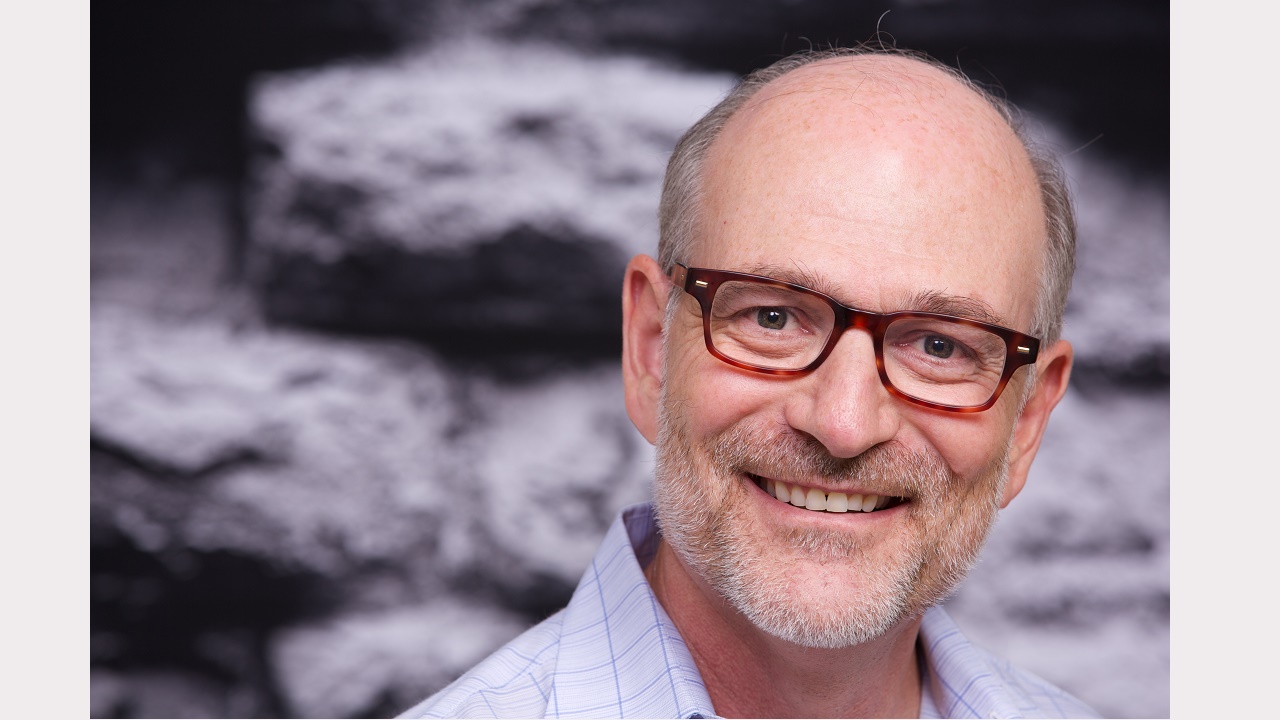How to uphold patient dignity at the end of life
How to uphold patient dignity at the end of life
by Heather Wiseman
Tuesday, November 15, 2016
At the end of life, dignity is a concept we tend to associate with managing basic bodily functions. More powerful however is a dying person’s perception of how they are seen by others, according to an international expert in dignity and palliative care. Dr Harvey Max Chochinov is visiting Australia from Canada this week. He explains how health workers can ensure patient dignity is reinforced, rather than eroded.
Of the many findings that have stemmed from Dr Harvey Max Chochinov’s extensive research into dignity, there is one he describes as intriguing and the source of a personal epiphany.
It is that people who are dying are profoundly influenced by their perceptions of how they are seen by others. They need to see, reflected in the eyes and actions of those caring for them, recognition of the person they are. Dignity is lost when a focus on their illness or disease leaves them with the sense they have been defined generically as a patient and that is all they have become.
“It boils down to ‘I’m not just a patient; but a person with a history, relationships, a past, desires and dreams’,” Dr Chochinov says.
“You want an affirmation of personhood reflected in your health care provider’s eyes, not a problem checklist, differential diagnosis or medication list.”
Dr Chochinov, is a distinguished professor of psychiatry at the University of Manitoba and director of the Manitoba Palliative Care Research Unit, Canada. He is also leader of the research team that pioneered the Dignity Model, which aims to help health care professionals treat people as a whole, addressing body, mind and spirit. Much of his research has occurred at the bedside of dying patients and their family “to find out what dignity means in the context of approaching death”.
The impact that patients’ perceptions have on their wellbeing has significant implications for everyone working within the health care system, Dr Chochinov says, whether they be a cleaner, work in patient transport, or a clinician.
“When we are in the presence of patients we can offer them some affirmation of their sense of personhood,” he says.
“The inability to acknowledge personhood -- the insensitivity of not acknowledging personhood -- can be psychologically devastating.”
Dr Chochinov says the early stages of his research were inspired 25 years ago by literature coming out from Holland. It indicated loss of dignity was the reason why most patients received euthanasia or assisted suicide.
“At that point in time no one had studied the issue of dying with dignity, to look at what patients’ experiences were that reinforced or undermined dignity. Over time we have looked at those influences, including physical, psychological spiritual and psycho-social issues.”
He says his research shows people experiencing a loss of dignity have significantly higher rates of depression, anxiety and feelings of hopelessness.
People working in the health care system have a responsibility to understand the profound impact their interactions with patients can have. In doing so, they’re likely to gain greater satisfaction from their work.
Dr Chochinov says someone working on a ward providing intimate care might struggle to find anything gratifying about their job if they view it in a technical, rather than psychologically sophisticated way. That may change if they understand that their role is an important task that makes people feel vulnerable, and can have a huge bearing on their sense of self. The challenge is to navigate it in a way that will uphold the essence of who that patient is.
In terms of clinicians, Dr Chochinov’s research has explored the impact of asking the Patient Dignity Question, which is ‘What do I need to know about you as a person to give you the best care possible?’. A study of its effectiveness found 99% of health care providers learned something new from it and 64% were emotionally affected by it. A further 44% reported that it influenced their care.
He says another significant factor impacting on people’s dignity is a sense of what their life’s legacy will be. People contemplate whether their lives will convey meaning beyond their own existence; ‘Have I made a difference in this life?’, ‘Will I be remembered?’ or ‘Have I shaped the lives of others?’.
Addressing this need is Dignity Therapy, which Dr Chochinov wrote about in his award-winning book ‘Dignity Therapy: Final Words for Final Days’. Dignity Therapy has been taught around the world as a psychological intervention for more than a decade.
“It invites people, guided by a skilled therapist, to engage in discussions around things that they would want said and known, the wishes, hopes or dreams they would want honoured and memories that they would want preserved,” he says.
“These conversations are recorded, edited and returned to the patient for them to bequeath to a family member of a loved one.”
Dr Chochinov says this psycho-social intervention can enhance the end-of-life experience for patients and for their family members.
“We have done studies where we have looked at how family members respond to this and found that six to nine months after death of loved one they say it was helpful for their deceased love one and raised their sense of dignity.
“But as well, it has comforted them as a family during their time of grief. Nearly 100% of them would recommend it for others.”
Speaking events
Dr Chochinov will speak about dignity in care at Deakin University’s Waurn Ponds Campus from 1-5pm on Thursday 17 November. To read more and book, visit Eventbrite.
He will also give a lecture on ‘placing personhood on our clinical radar’ at the same venue from 8-8.50am on Friday 18 November. To read more and book, visit Eventbrite.
